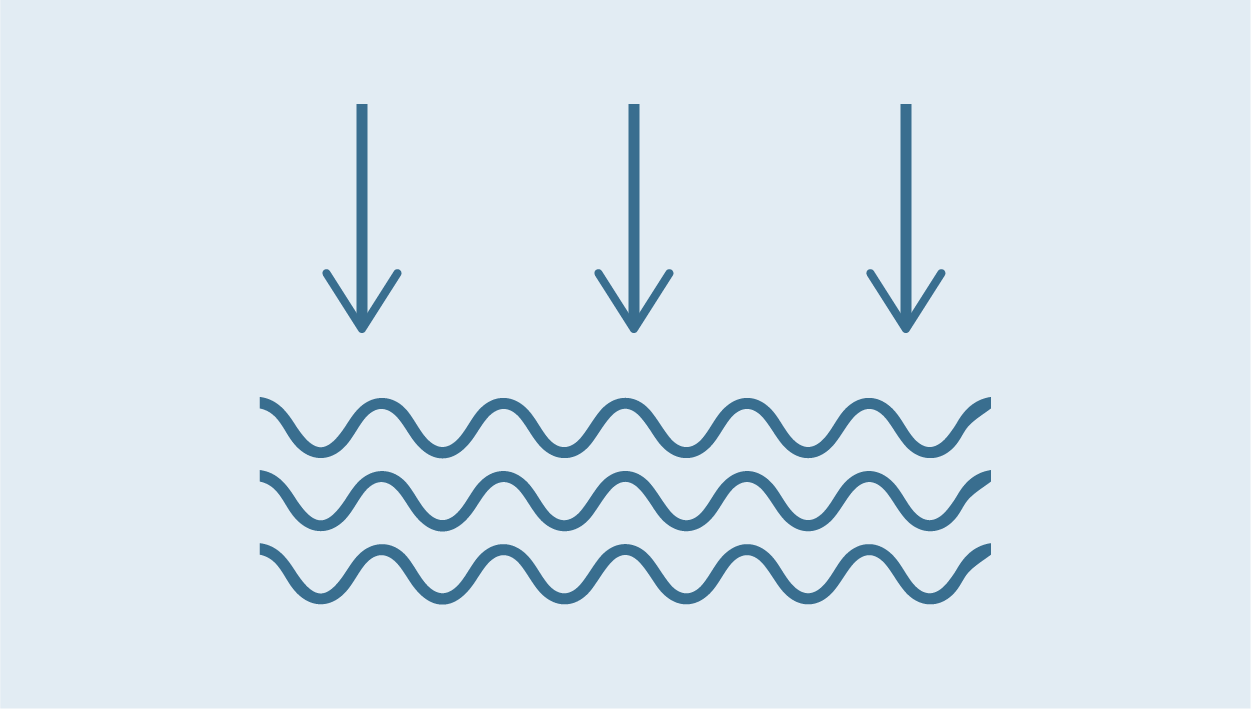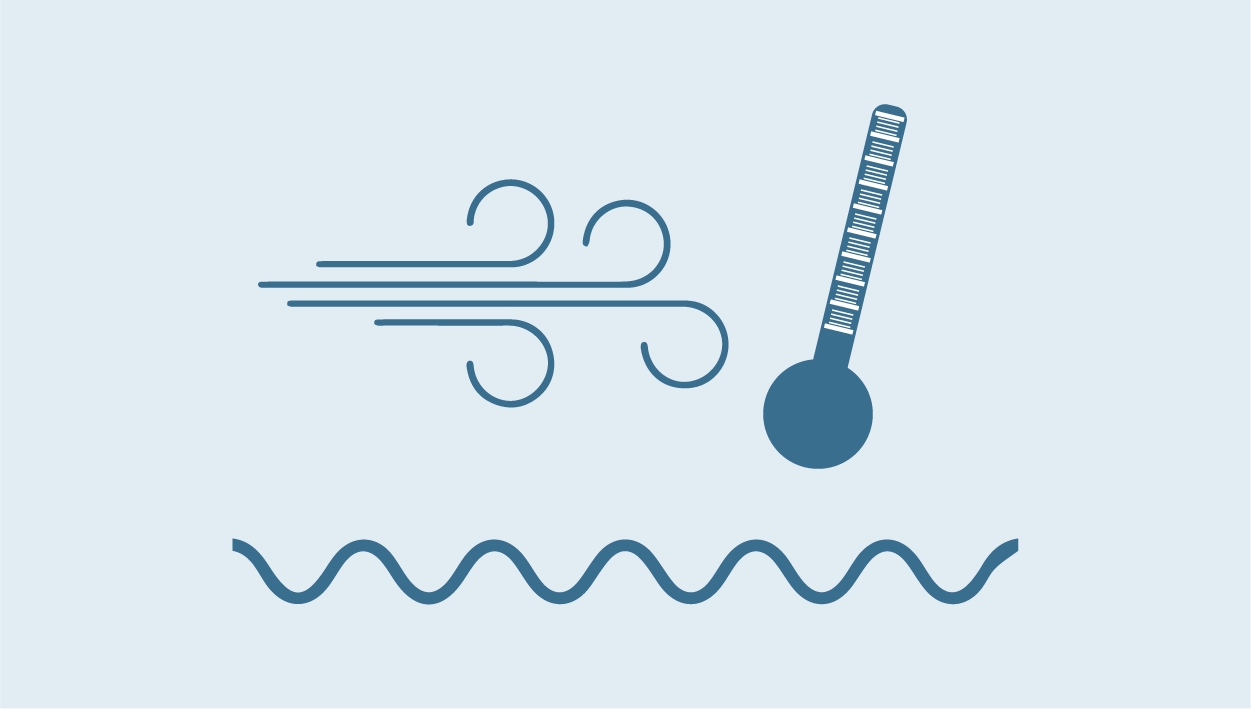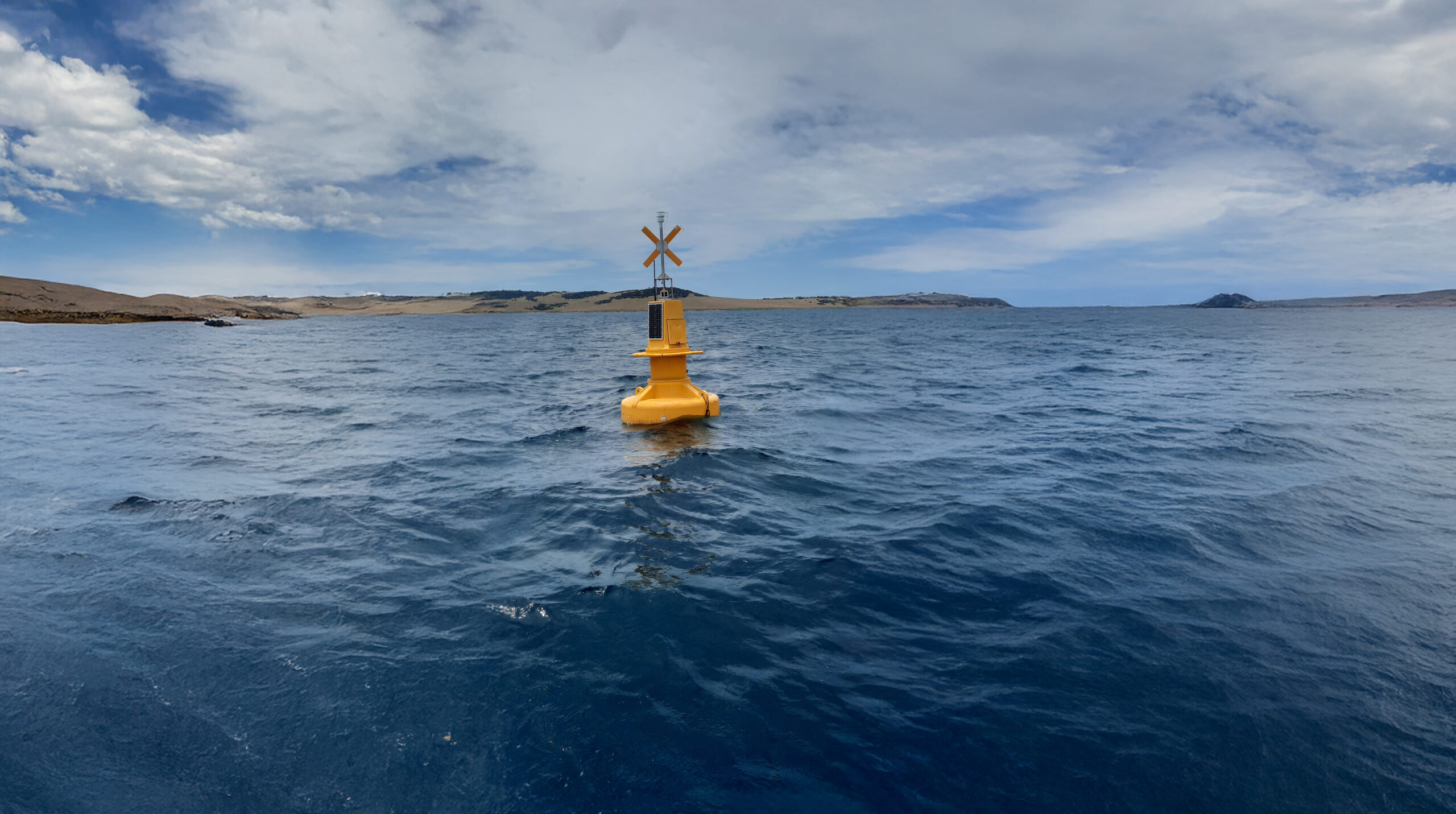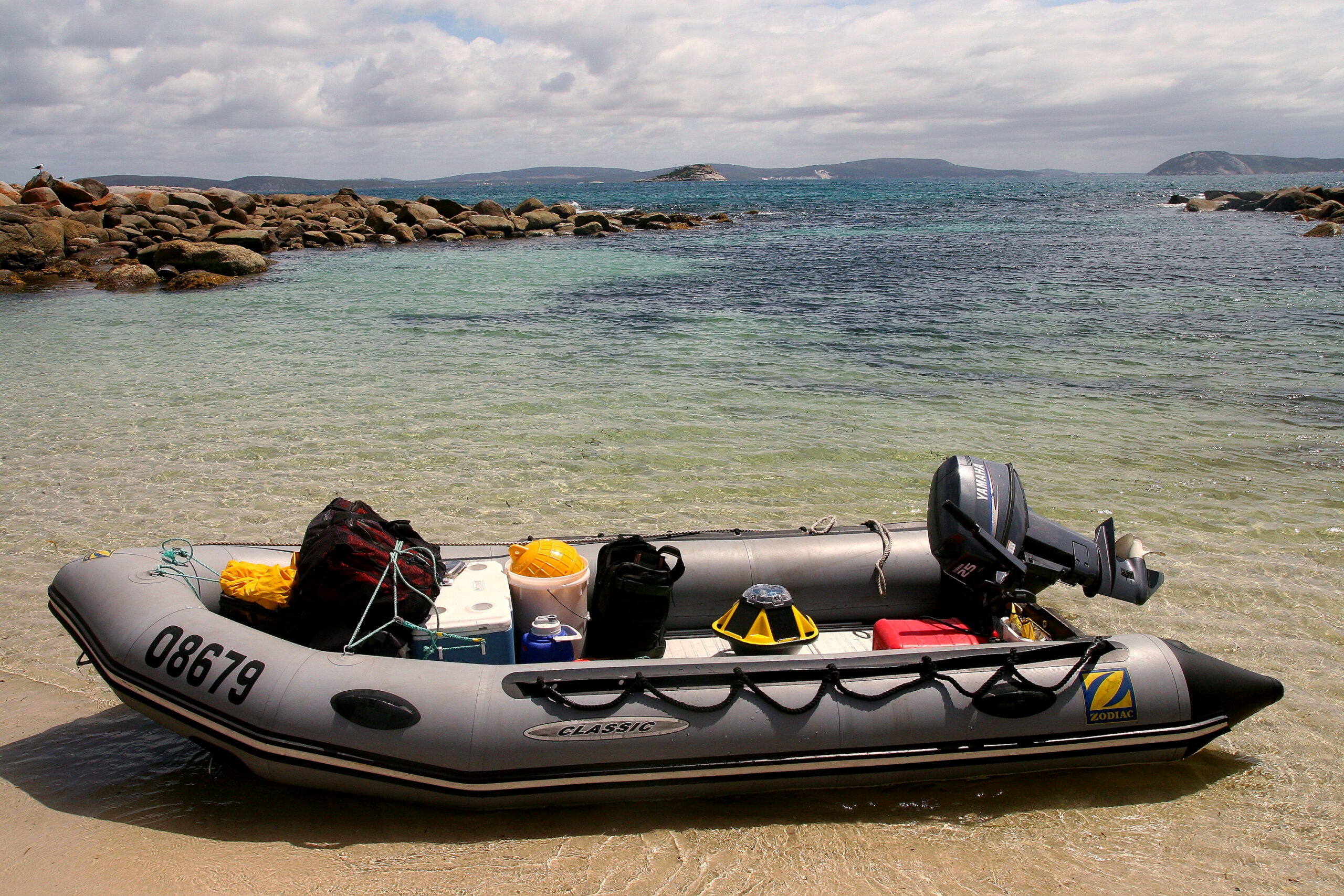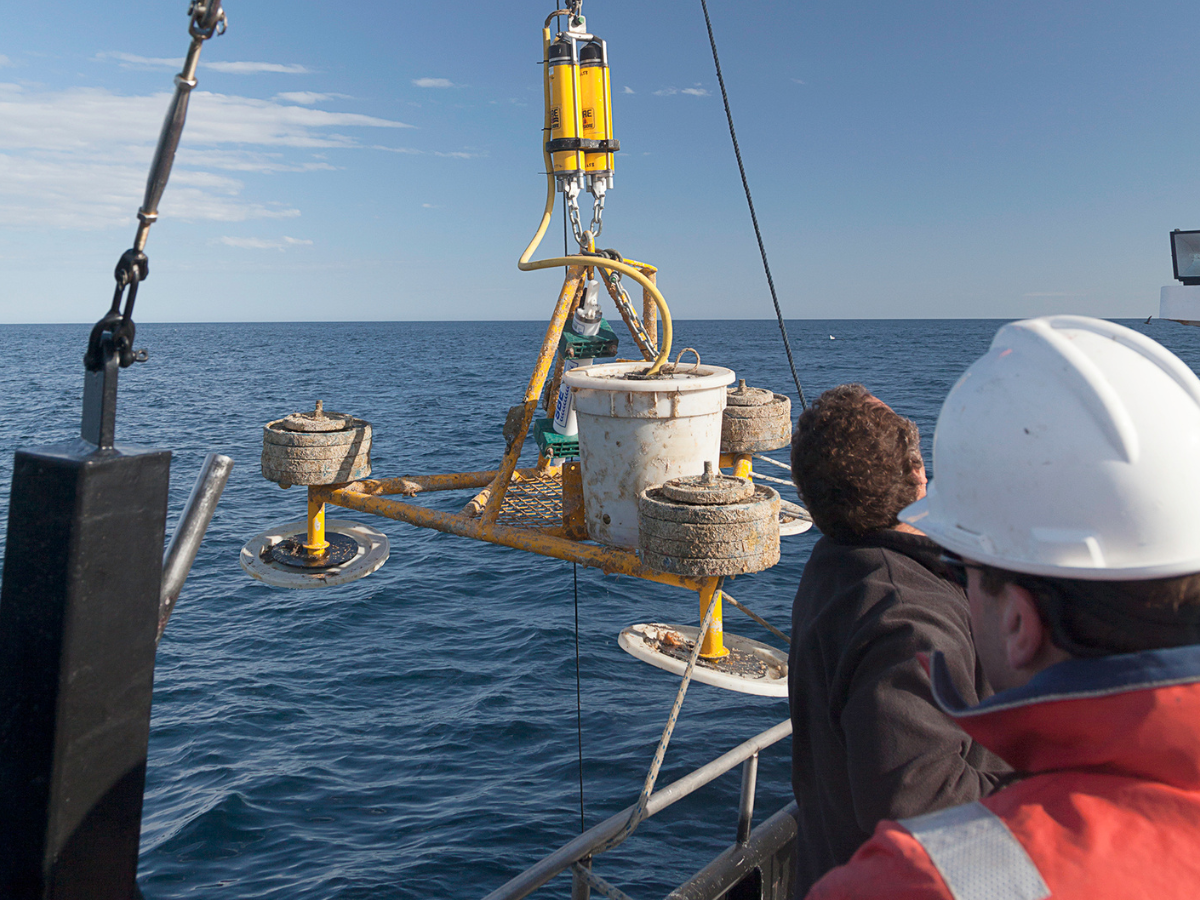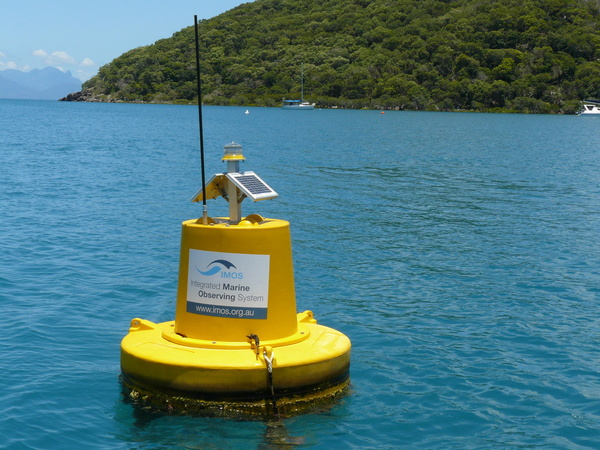Research Vessels Real-Time Air-Sea Fluxes
Research Vessels Real-Time Air-Sea Fluxes
Air-sea fluxes, the exchange between the atmosphere and the ocean, play an important role in the global climate. Mapping these fluxes is therefore vital to understanding the role of the ocean in climate variability, carbon levels, ecosystems and coastal environments. Research Vessel Real-Time Air-Sea Fluxes uses autonomous instrumentation to monitor important meteorological and ocean surface information, providing observations of heat, mass and momentum bulk flux in Australian, New Zealand and Southern Ocean waters. The autonomous nature of the instrumentation allows for continuous monitoring, providing high-quality data in real-time.
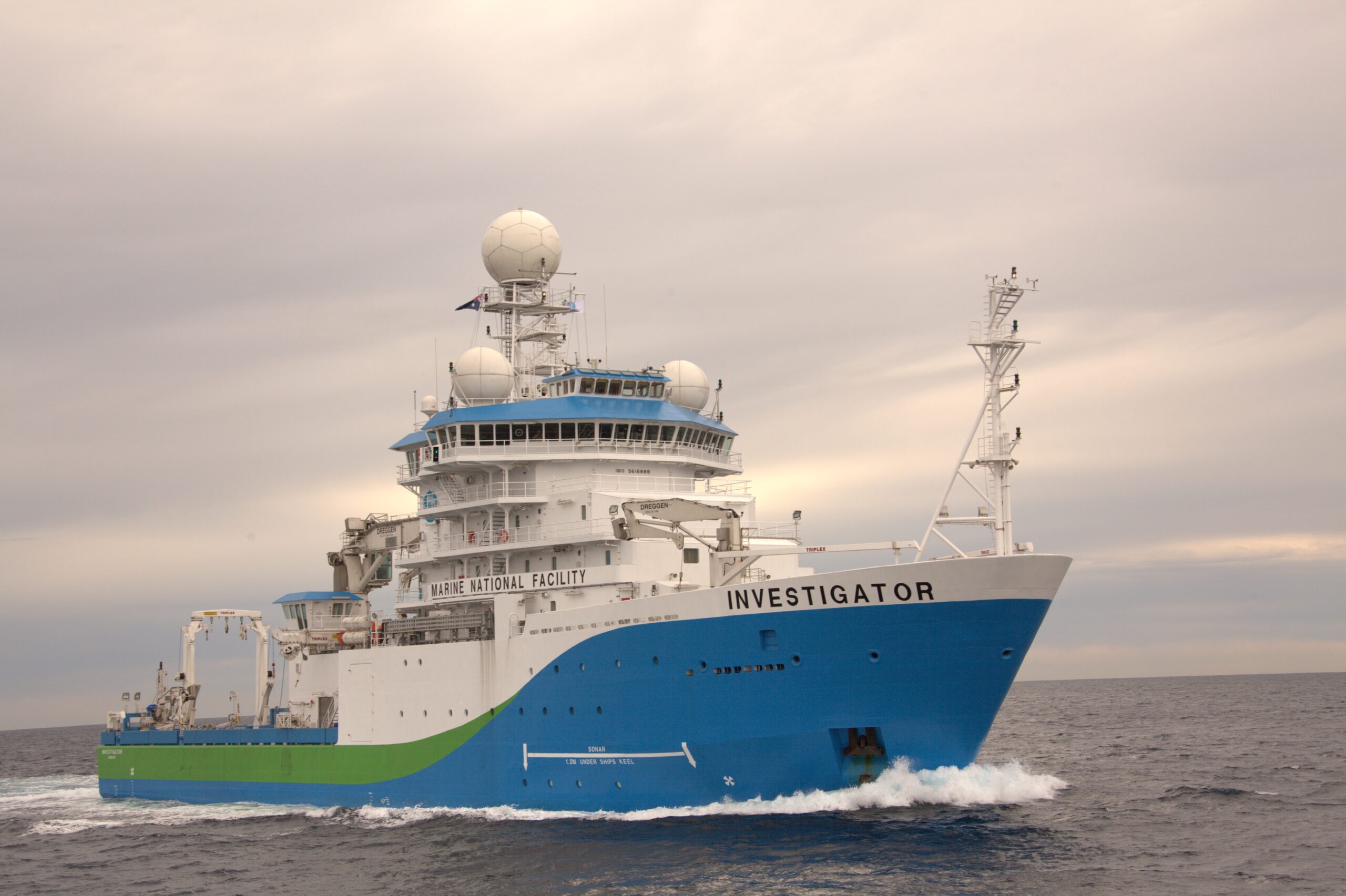
 CSIRO
CSIRO

Key data streams
Select a key data stream to view all IMOS Facilities that collect that data.
Useful information
Important documents including QA/QC
Schulz, Eric, Janice Sisson and Helen Beggs (2021) Quality control procedure for IMOS real-time meteorological and sea surface observations, and air-sea fluxes from research vessel and mooring platforms, Bureau Research Report No. 059, September 2021, pp 14.
Useful links
International Programs
Shipboard Automated Meteorological Oceanographic Systems (SAMOS)
Essential Ocean Variables / Essential Climate Variables
This sub-Facility contributes to 3 Essential Ocean Variables and 9 Essential Climate Variables.
EOVs: Ocean surface heat flux, Ocean surface stress, Sea surface salinity
ECVs: Ocean surface heat flux, Ocean surface stress, Sea surface temperature, Surface precipitation, Surface pressure, Surface radiation, Surface temperature, Surface water vapour, Surface wind speed and direction
Contact
Eric Schulz
E: Eric.schulz(at)bom.gov.au
Operating institution
Co-investors
Subscribe to our newsletter
Facility updates, new data streams, user resources, impact stories, and research findings direct to your inbox.
Explore Facilities
Acknowledging IMOS
Users of IMOS data are required to clearly acknowledge the source material by including the following statement:
Australia’s Integrated Marine Observing System (IMOS) is enabled by the National Collaborative Research Infrastructure Strategy (NCRIS). It is operated by a consortium of institutions as an unincorporated joint venture, with the University of Tasmania as Lead Agent.
